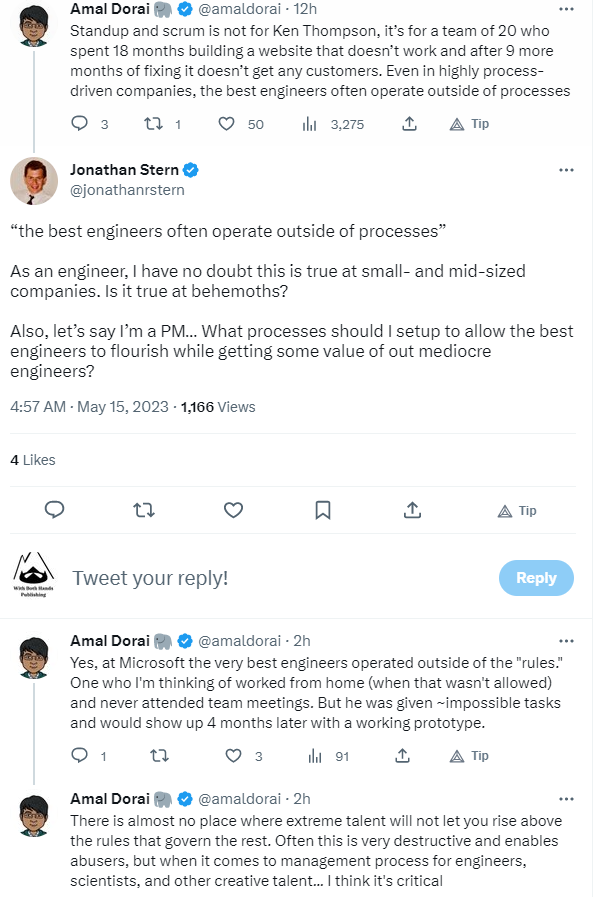Replacing Education with Psychometrics
Bruce Charlton wrote an editorial for his journal, Medical Hypotheses, on replacing education with more effective psychometric evaluation. That is a pretty bold suggestion, but Charlton is basing his position on some of the same things that inform my opinion on education, so I think it is worth a look.
One major source Charlton uses is Real Education, by Charles Murray. The second is Spent, by Geoffery Miller, which I have not yet read, but whom I have quoted. There are some other worthwhile sources, including Arthur Jensen and Linda Gottfredson, that are worth a read if you are interested in this sort of thing.
Charlton repudiates things he has said about education, and he lists four main topics under which he has changed his mind. I was particularly interested because his conclusions are very similar to mine on the subject, which I suppose is not surprising given that we have read the same papers. However, these conclusions also match my experience, which is something that Charlton and I do not share.
Mistaken belief number 1: Modern formal education should be directed primarily at inculcating the ability to think abstractly and systematically [3].
Revision: Modern formal education should be directed primarily at inculcating specific knowledge content.
Mistaken belief number 2: Structure not content of formal education is crucial [5].
Revision: Content not structure of education is crucial.
Mistaken belief number 3: A major aim of social reform should be to include as many people as possible in formal education for as long as possible. Ever-more people should get ever-more education for the foreseeable future [6].
Revision: The system of formal education is hugely over-expanded and should be substantially reduced (to considerably less than half its current size). The average person should receive fewer years of formal education, fewer people should attend higher education institutions and do fewer bachelor’s degrees, and those in higher education should – on average – complete the process in fewer years.
Mistaken belief number 4: Higher education should be regarded as a general, non-vocational process, in which most degrees are modular and multi-disciplinary; and where specialization or vocational preparation should be a relatively brief and ‘last-minute’ training at the end of a long process of education [3], [5] and [6].
Revision: The period of general education should not extend much beyond about 16 (the approximate age of IQ maturity), and this general education should be focused on the basic skills of literacy and numeracy together with a core knowledge curriculum.
Those four things could pretty well sum up my complaints about education from grammar school to graduate school. I wonder whether Charlton has ever read the essay by Dorothy Sayers on the Lost Tools of Learning? I wonder whether Charlton knows of the older kind of liberal studies, that was in fact mostly logic, mathematics, and science?
With all that said, let me turn on the premises for a moment with a hostile glare. IQ testing supplemented by a good 'Big 5' personality test can indeed be a very useful tool for sorting and selecting people, but we ought to be frank about what we are doing, and understand why people resist the idea. I am fascinated by things like this because I can use them as tools for self-knowledge, but let us reflect on how it would be to have these tools used on [against?] you.
The fear, and a not unreasonable fear, is that freedom will be minimized in the name of efficiency. Not to put too fine a point on it, but just because you are suited for something does not mean you will like it. People are probably more likely to enjoy the things they are suited for, but that is a far cry from people will certainly like the things they are suited for. This may all be hypothetical, but it is always worth asking to what bad ends a thing may be directed.
I suspect that a certain amount of resistance to all this is good and healthy, the inborn skepticism against those who know what is best for us. Some of it is simply intellectual dissimulation as well, of those who have no interest in knowing the truth because it is seen as unpleasant. However, I do find myself at least a little sympathetic, even though I know that all of this is true.Update on 2009-07-20 03:02 by Ben Espen
Whoops, left off the link to the editorial!
http://medicalhypotheses.blogspot.com/2009/07/replacing-education-with-psychometrics.html



Comments ()